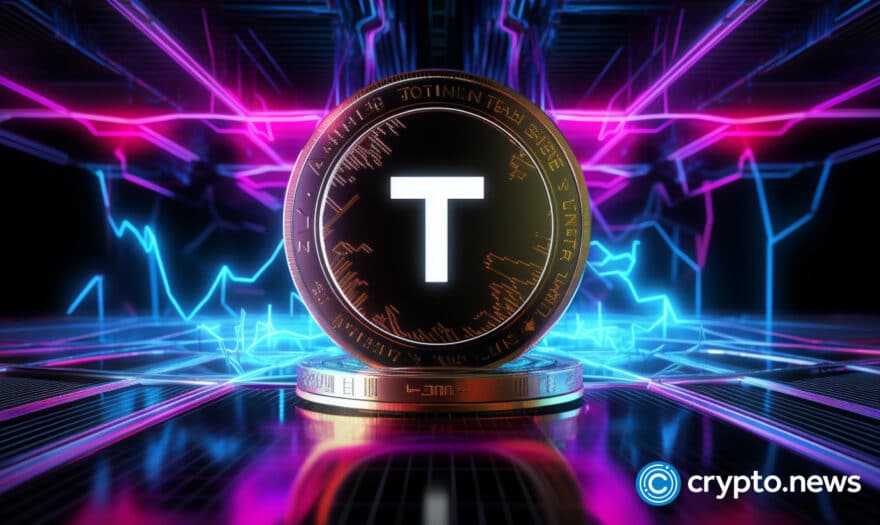UNDP wants to explore crypto’s potential for human development in 2025

A UNDP official reveals the organization wants to explore how cryptocurrency can be utilized for human development whilst minimizing its financial risk.
UN Assistant Secretary-General and UNDP Regional Director for Asia and the Pacific, Kanni Wignaraja wrote a blogpost on the official UNDP site pushing for more explorative study on how cryptocurrency can benefit mankind and economic development, specifically in unbanked areas.
“It is crucial that we explore how the fast-evolving potential of cryptocurrencies, central bank digital currencies (CBDCs), and stablecoins might have a positive impact on human development,” said Wignaraja.
In her post, the UN official acknowledges the enormous economic value that alternative investment assets like Bitcoin (BTC) and Ethereum (ETH) hold. She mentioned that in December, BTC and ETH gained a market value of $3.9 trillion.
“Imagine channeling even a fraction of that [market value] towards education, health, skills building, and jobs,” said Wignaraja.
Although she believes crypto offers many benefits, such as instant cross-border transfers and can help support unbanked and underbanked communities in securing their livelihoods amidst economic turmoil, Wignaraja remains weary of the crypto market’s highly volatile nature and its susceptibility for criminal activity.
Therefore, she calls for regulatory measures that can mitigate such risks related to crypto while utilizing it as a way to drive forward human development.
“This may require a non-traditional regulatory framework that allows cryptocurrencies to contribute positively to human development without compromising financial stability,” she stated.
In the blog post, Wignaraja also highlighted the development of CBDCs in key Asian countries such as China, India, Indonesia, Thailand, Singapore, Japan and Korea and how they can potentially improve accountability and reduce corruption.
Not only that, she also said in the case of stablecoins, the organization must start exploring analytics and good practices to determine whether stablecoins can be safely used to enhance financial resilience in recovering communities.
Moreover, she proposed that the UNDP begin testing crypto funds under strict safeguards to evaluate their impact, adding that the organization is already working towards expanding blockchain and decentralized technology to help in tracking funds and reducing corruption.
In November 2024, the UNDP launched a blockchain education academy in collaboration with the Algorand Foundation to equipd 24,000 UN personnel worldwide with the skills necessary to understand blockchain technology.
















